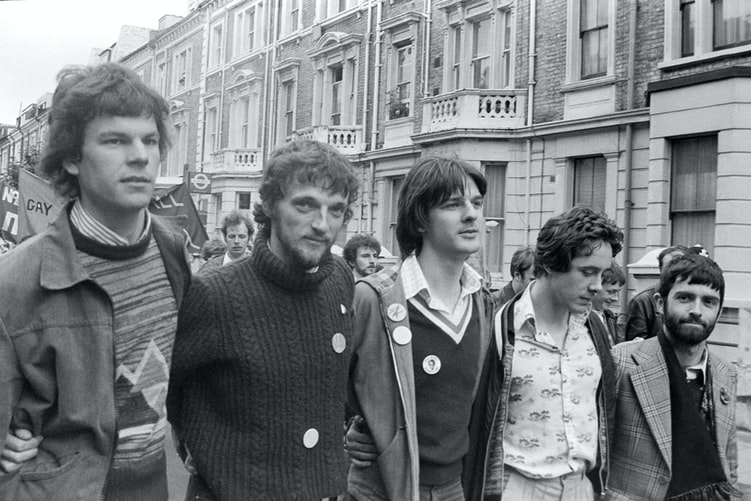
There are two truths that seem fundamental to much of Twitter following the release of The Crown season four: we like Gillian Anderson, and we don’t like Margaret Thatcher. However, branching out into more distant sides of Twitter reveals a much more polarised view of ‘The Iron Lady’. The Crown isn’t the only reason Thatcher has made the headlines this week- it is also the 17th anniversary of the repeal of section 28 which made ‘promotion’ of homosexuality illegal and cut off support for lesbian and gay initiatives during the AIDS crisis.
Much to the disgust of Prime Minister Margaret Thatcher, children were supposedly being taught that they have “an inalienable right to be gay”– a claim that has such little grounding in the truth that the Manchester police chief tried to arrest gay men for “licentious dancing”, meaning he presumably spent hours digging until he found the 1882 bylaw that finally gave him the boost he needed to shut down a bar for enabling dancing. Clearly, in Thatcher’s mind, cases of such horrible things as ‘licentious dancing’ needed to end and endangered children across the nation, so teaching children that being gay was either fake, disgusting or a “pretended relationship” seemed only logical. Except, it wasn’t logical at all, it was vile and abandoned the LGBT community at a very dark point in their history, contributed to their reputation as spreaders of a ‘gay plague’, and signalled the end of what many felt had been a period of progress for gay rights.
Section 28 was a dark time, signalling to the gay and lesbian communities that homophobic bullying in schools was okay because teachers felt they couldn’t do anything, abandoning LGBT youth and teaching them that their sexuality was wrong. However, section 28 was never just about schools- it signified a larger shift away from gay rights and a regression back towards the days before homosexuality was even legalised, with the West London Murders happening only a year later and resulting in one man being stabbed 40 times for being gay. People were homophobic before and after section 28, but feeling that the government were very clearly on one side of the argument may have prompted some homophobes to be more open than before, especially people still in schools who were now being taught that gay relationships were pretend relationships.
In defiance to Thatcher’s desires, gay people do still exist and section 28 was repealed 17 years ago this week, presumably meaning that gay people are spreading their supposedly horrifying ‘inalienable right to be gay’ once again. In the time since then, the UK has seen greater employment equality, civil partnerships, and gay marriage. However, the fight isn’t over.
To this day, the effects of section 28 are still felt, with a generation having grown up with it in place. As a result, many teachers still feel uncomfortable discussing homosexuality in schools, and many people grew up having never learnt about gay relationships, contributing to shame felt by younger gay people and homophobic attitudes persisting in society. What needs to be done to tackle this is to speak up against acts of homophobia, regardless of whether you are personally affected by homophobia, it has a very long history in the UK and can’t keep going unchallenged.



Average Rating